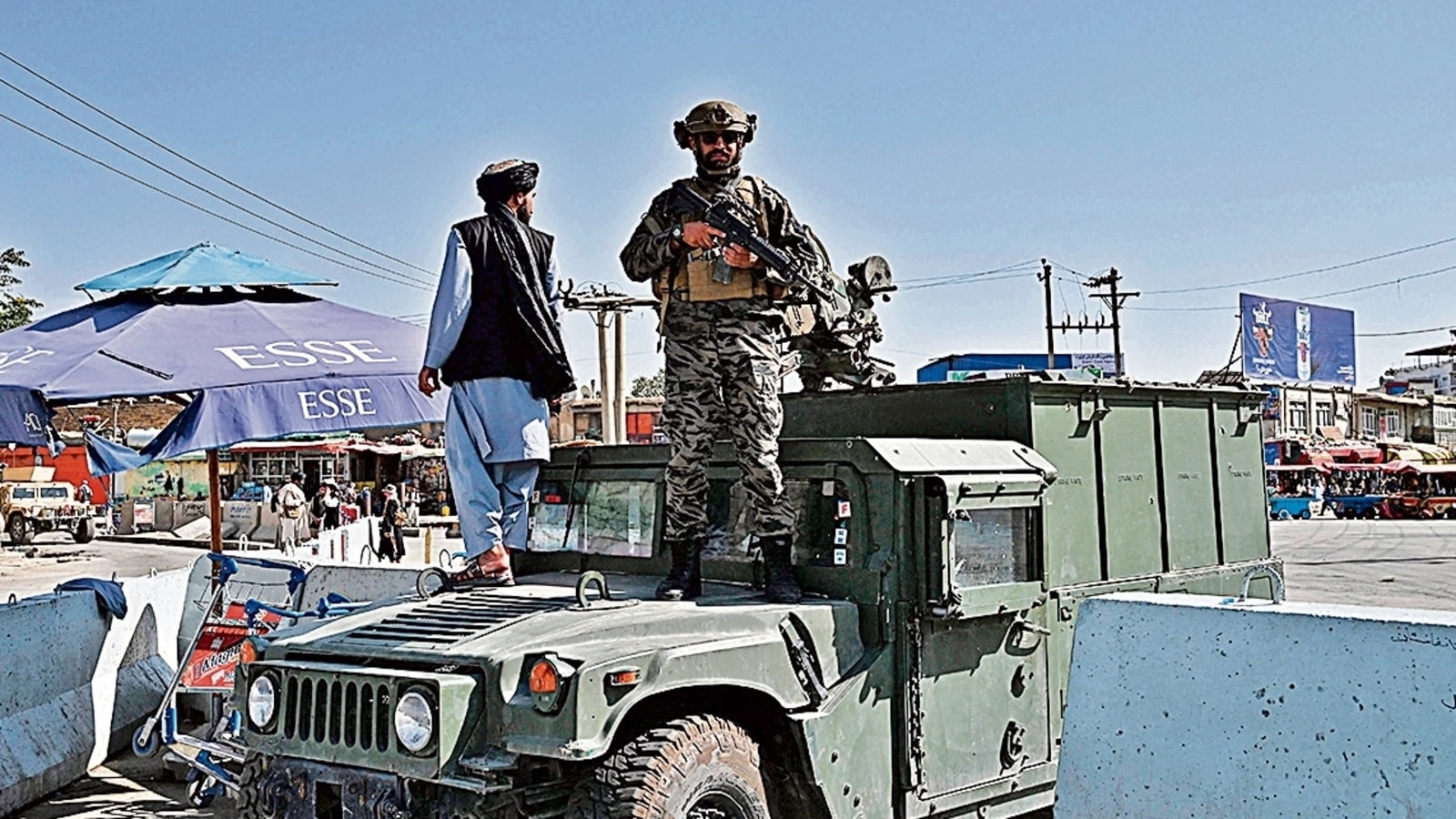
Taliban leader Sher Mohammed Abbas Stanekzai has said the group wants to continue Afghanistan’s political, economic and cultural ties with India, the first time a member of the Taliban’s top hierarchy has spoken on the issue since the takeover of Kabul.
In a nearly 46-minute video posted Saturday on Taliban social media platforms, Stanekzai spoke extensively in Pashto about the end of the war in Afghanistan and the Taliban’s plans to form a Shariah-based Islamic administration. He also spoke about the Taliban’s views on relations with key countries in the region, including India, Pakistan, China and Russia.
Since the Taliban took power in Kabul after the collapse of the Ashraf Ghani government on August 15, group spokesmen Suhail Shaheen and Zabiullah Mujahid have spoken to Pakistani media about the group’s views on relations with India. Still, Stanekzai is the first senior leader to make a statement on relations with other countries. “India is very important for this subcontinent. We want to continue our cultural, economic and trade ties with India as in the past, ”he said.
“Trade with India through Pakistan is very important to us. With India, trade through air corridors will also remain open, ”he said, outlining the Taliban’s plans for trade in the region.
Still, he did not say whether trade across India should be two-way. Pakistan has allowed Afghan traders to ship their goods to India through its territory, but has never allowed the transportation of Indian goods through Pakistani lands to Afghanistan.
“We give due importance to our political, economic and trade ties with India and we want these ties to continue. We are looking forward to working with India in this regard,” Stanekzai added.
There was no immediate response from Indian officials to Stanekzai’s statements, which were widely shared on social media.
Speaking on Afghanistan’s relations with Turkmenistan, Stanekzai mentioned the Turkmenistan-Afghanistan-Pakistan-India (TAPI) gas pipeline project and said the Taliban would work to solve the problems that keep the company afloat once a government. Stanekzai also referred to the port of Chabahar developed by India while talking about relations with Iran and stressed its importance for trade.
He also spoke about relations with China, Tajikistan, Uzbekistan, Pakistan and Russia. He thanked Pakistan for hosting millions of Afghan refugees and said Afghanistan wants to have fraternal relations with Pakistan.
HT reported that Stanekzai had informally addressed the Indian side after the Taliban took Afghanistan and made a surprise request for New Delhi to retain its diplomatic presence in Kabul. He had also referred to reports that Pakistan-based Lashkar-e-Taiba (LeT) and Lashkar-e-Jhangvi (LeJ) fighters were in Kabul and deployed at roadside checkpoints towards the airport and claimed that all checkpoints, including those at the airport, were firmly in the hands of the Taliban.
However, the Indian side concluded that Stanekzai’s message could not be taken at face value and continued with plans to withdraw from Kabul about 200 diplomats, officials and security personnel, including the ambassador.
People familiar with the developments said, on condition of anonymity, that it was not certain whether Stanekzai’s statements were made in a personal capacity or represented the thinking of top Taliban leaders. They come at a time when there are reports of differences between various factions in the group over issues such as the formation of the next organization and appointments to key positions.
The people also said the statements could be part of efforts to seek the legitimacy of the Taliban and achieve a kind of autonomy from Pakistan, which has considerable influence on the group’s leadership. However, people also noted that Stanekzai’s statements had not addressed India’s security concerns, including the presence of Pakistan-based terrorist groups on Afghan soil.
Stanekzai, who is seen as the number two Taliban negotiating team and third overall among Qatar-based leaders, trained for several years at the Indian Military Academy (IMA) in Dehradun in the early years. eighty. The people mentioned above said that he seemed to play a key role in foreign relations, although he has not been fully involved in the recent decision-making in Kabul.